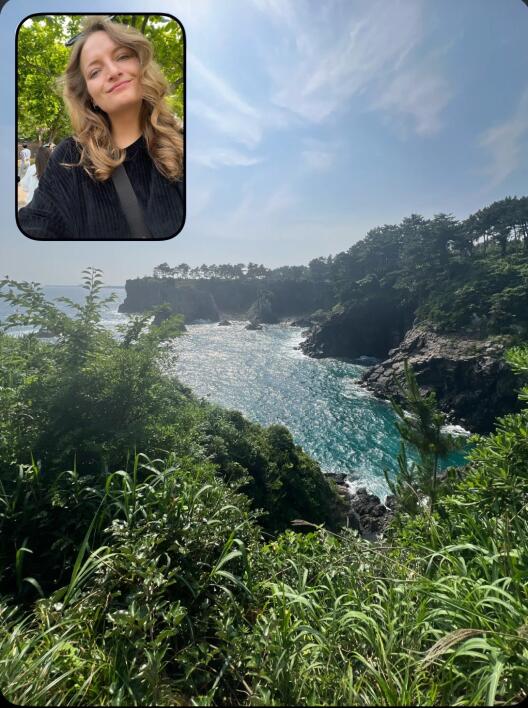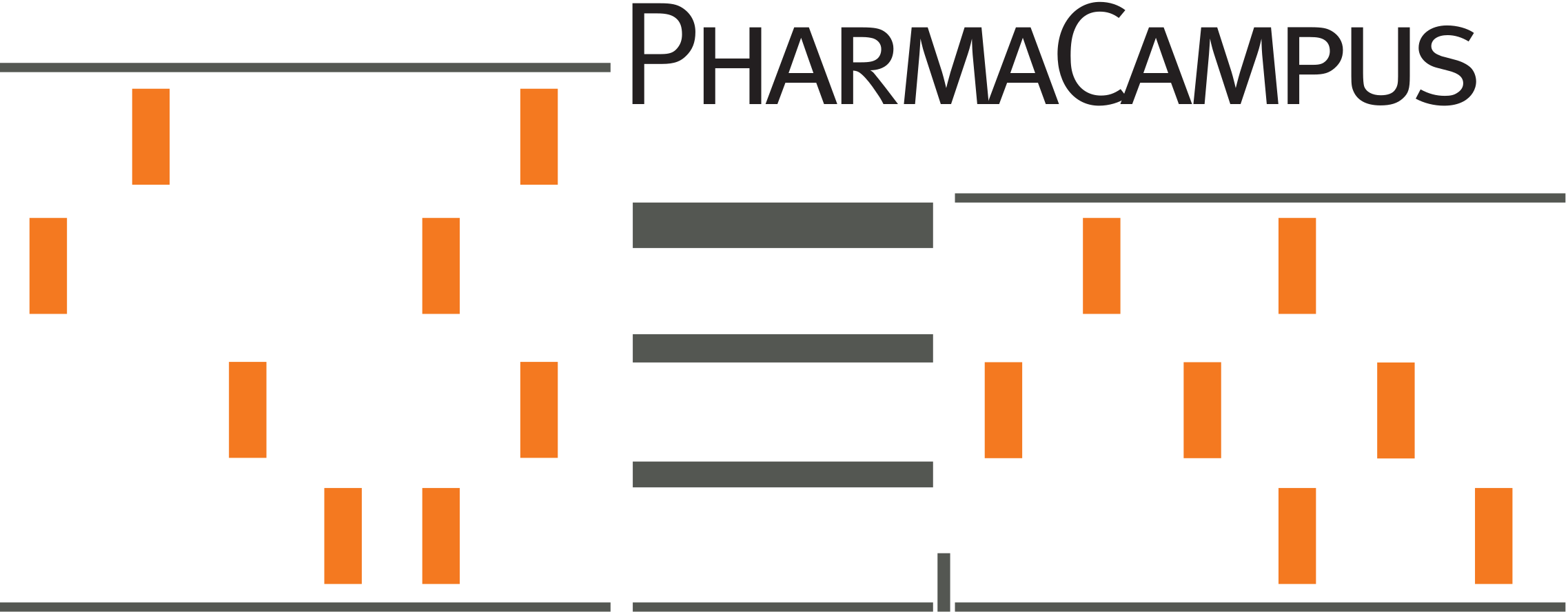Internship abroad in pharmacy at Chungnam National University in South Korea
An adventure abroad, where I could learn about laboratory work outside the regular requirements of the licensing regulations and try out whether research was something for me, sounded pretty interesting.
After a brief request for more information, contact was quickly established with a Korean professor (Professor Soyoung Lee) and just a few days later I had the confirmation and the list of documents required for the visa and admission to a Korean university.
Suddenly, everything happened very quickly and I arrived at Chungnam National University in Daejeon, a renowned state research university that stands out for its academic programmes and focus on innovative science.
There was a beautiful campus, lots of cafeterias and cafés, and a great shopping, restaurant and pub district right next to the university grounds. In addition, there was structured help for exchange students to settle in, not only through the responsible staff, organised activities and excursions, but also through ‘exchange buddies’. Koreans who were assigned to us and were available to answer even the smallest questions.

I had the wonderful opportunity to choose three different laboratories with different research focuses and actively participate in projects there.
The first laboratory dealt with molecular pharmacology (Professor Seung Jin Lee) and research into synthetic lethality in cancer. Here, we analysed large data sets to identify biomarkers that influence the sensitivity of cancer cells to certain active substances.
In the second laboratory, the Department of Physical Pharmacy (Professor Jeong-Sook Park), I worked on optimising polymer-based nanoparticles for targeted drug delivery. Using statistical experimental designs, I attempted to develop the optimal formulation parameters for nanoparticles with fenofibrate.
The third laboratory focused on toxicology and drug metabolism (Professor Sang Kyum Kim). Here, I investigated the inhibitory effects of persistent organic pollutants on cytochrome P450 enzymes in human liver microsomes.
Working in these laboratories gave me comprehensive insights into modern pharmaceutical research technologies and the interdisciplinary nature of pharmacy. I also had the opportunity to work with professors and wonderful colleagues who supported me with advice and assistance and became my friends.
One advantage of Daejeon is not only that it is South Korea's ‘technical stronghold’, but also that it is located fairly centrally within the country. This meant that, despite working in the laboratories, I was able to visit many cities and explore the country. It is difficult to summarise my impressions: they range from Hanok Village in Jeonju to the ancient capital of Gyeongju with its huge burial mounds and much more. We sang karaoke, spent too much money on claw machines and visited countless photo booths. We stayed overnight in a Buddhist temple and ate with the monks, meditated and attended the morning ritual at 4:20 a.m.
The typical destinations were also a must, including the drone show on the beach in Busan, numerous markets and temples, the Star Stairs, numerous festivals and exhibitions. And, of course, the cherry blossom trees that adorned the entire country, including the Chungnam National University Campus.
Seoul was a mix of urban diversity and tradition – one reason why we often found ourselves there: palaces, shopping, colourful street food markets, the Olympic flame and, of course, the tour of the demilitarised zone, where I was just 250 metres from the North Korean border in a tunnel.
In between, we spontaneously went to Japan for four days to explore Osaka, Kyoto and Nara. There was plenty of history everywhere, from the Fushimi Inari Shrine to the free-roaming deer in Nara Park and the colourful streets of Osaka – and all of it was practically around the corner.

There was also plenty to do in terms of sport in Korea, not only with the many opportunities offered by the university, but also a more or less prepared half marathon in Boryeong on the beach, baseball with the Daejeon Eagles and a diving licence on Jeju Island, where I was able to spend a wonderful week's holiday at the end of my internship abroad, on black beaches and on great hiking trails that stretched for miles along the coast.
And everywhere I went, there was fantastic food waiting for me: Korean BBQ, Korean fried chicken, tteokbokki, eel so fresh it was still twitching, kimchi and, above all, the night markets, which are different everywhere but can be found everywhere – and, of course, a not insignificant amount of soju, Korean rice schnapps, which is available everywhere in all colours and shapes for very little money. Through my work in the laboratories and my wonderful local colleagues and friends there, who often took me out for lunch, among other things, I was able to get to know the huge variety of Korean cuisine.
The internship at Chungnam National University was a unique experience for me that went far beyond everyday laboratory work. Working in the various laboratories gave me exciting insights into research, while the on-site support from great colleagues, who became good friends, made it much easier for me to get started. Outside the laboratories, I also made many valuable friendships that made my time there special.
Another highlight was the many trips and cultural experiences that made my stay in South Korea unforgettable. This time allowed me to grow both professionally and personally, and I can absolutely recommend a stay at Chungnam National University to anyone who is looking for real practical experience and cultural exchange alongside their studies.

